Topic: Cancer treatment
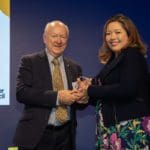
Researchers will develop a new website that assesses symptoms of cancer survivors and recommends care based on how severe the symptoms are
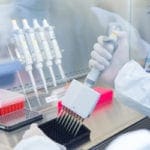
Researchers will explore the role and function of a different group of immune cells called innate lymphoid cells in treating melanoma.

Professor Anna deFazio wants to create a new treatment pathway so a patient with ovarian cancer can be screened at the time of diagnosis to determine the molecular profile of her cancer.
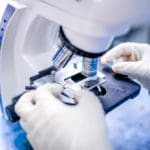
This project aims to improve treatment by monitoring an individual’s response to immunotherapy.
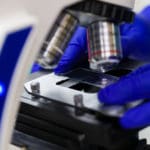
Dr Michelle McDonald and her team are in a unique position to examine how some drugs help to keep cancer cells in bone at bay.
This project will narrow in on a specific gene regulation process known to play a role in the cancer development.
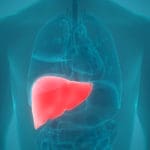
Professor McCaughan’s team will test two potential new treatments which target HCC liver cancer cells.

This project will investigate how these vital pain suppressing neurons control pain in advanced breast and prostate cancer.
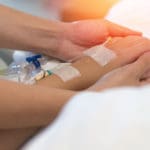
Prof Gottardo will test a new treatment they hope will provide the answer to minimising devastating side effects of medulloblastoma treatment.
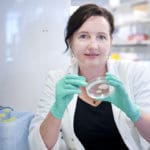
Dr O’Reilly hopes the team’s work will lead to direct improvements on the quality of life and survival outcomes for stomach cancer patients.